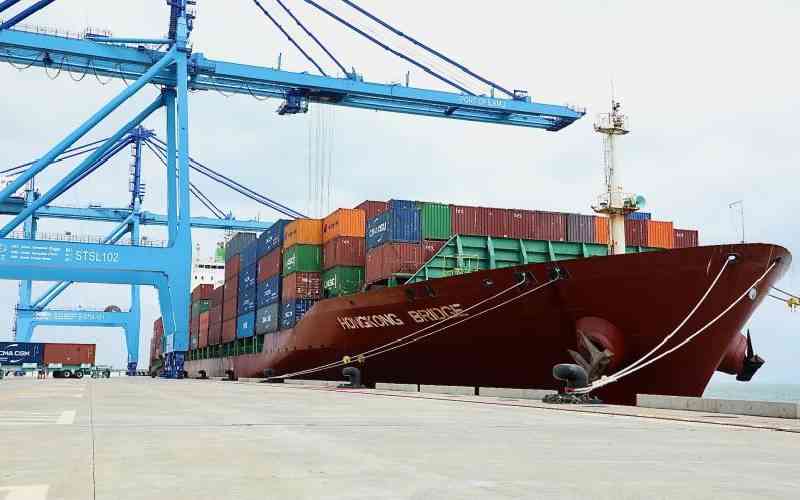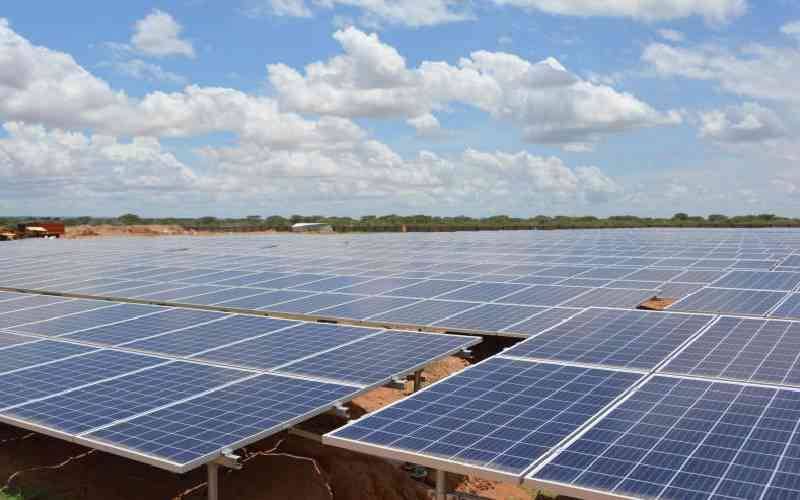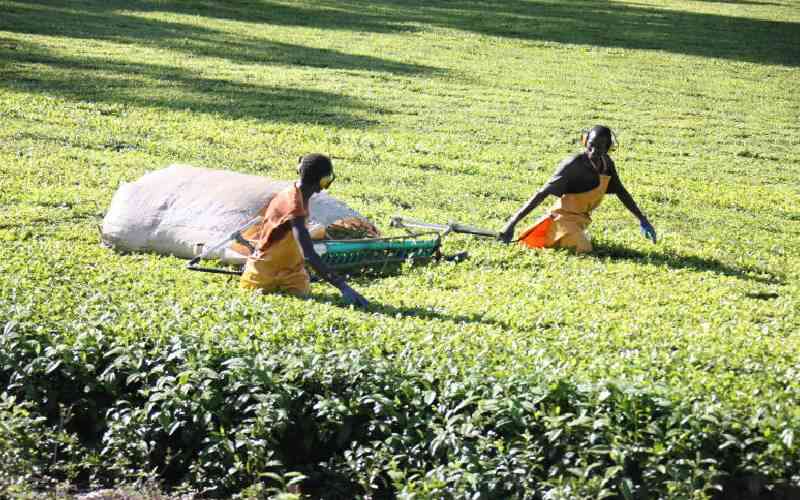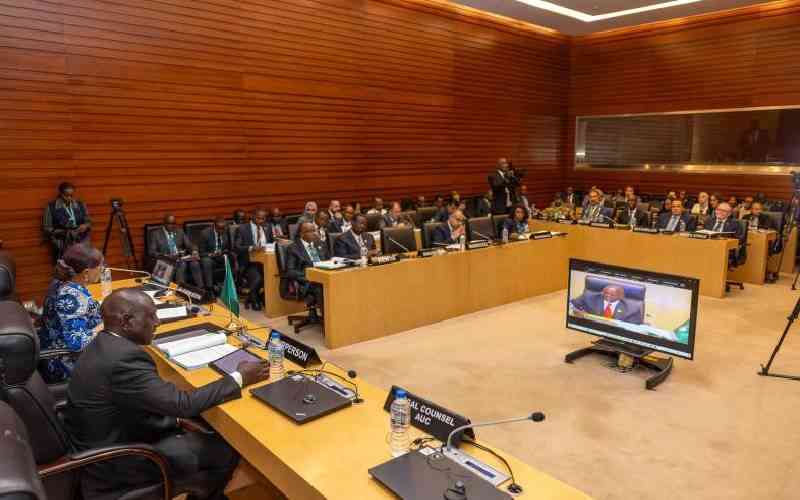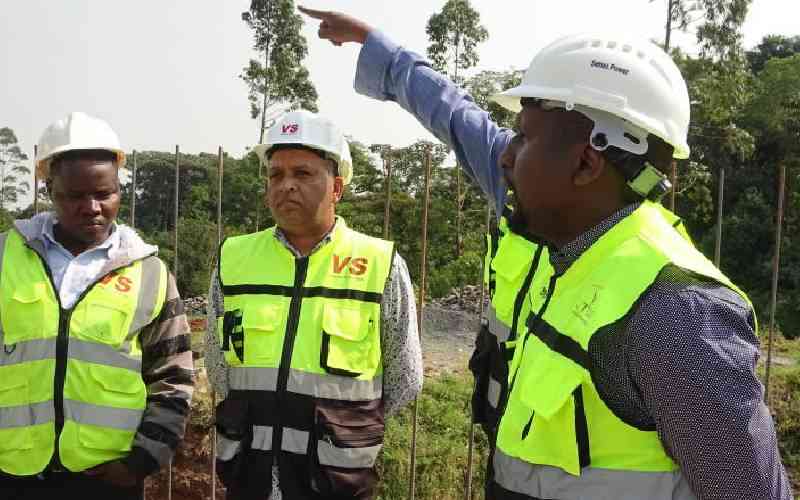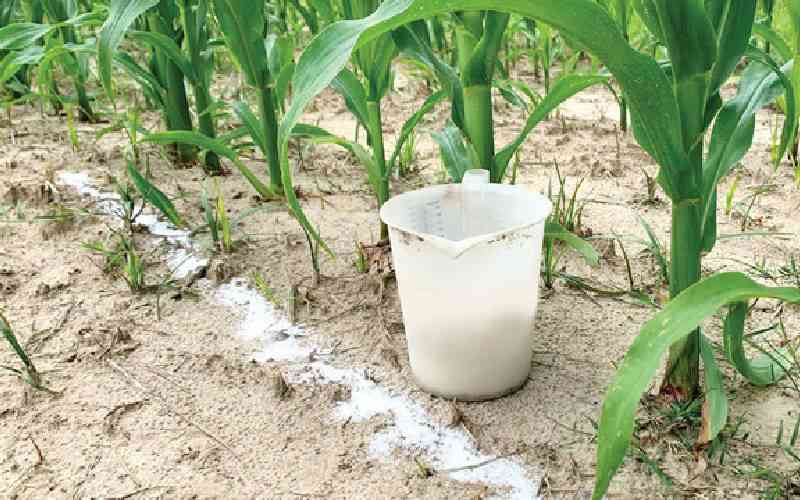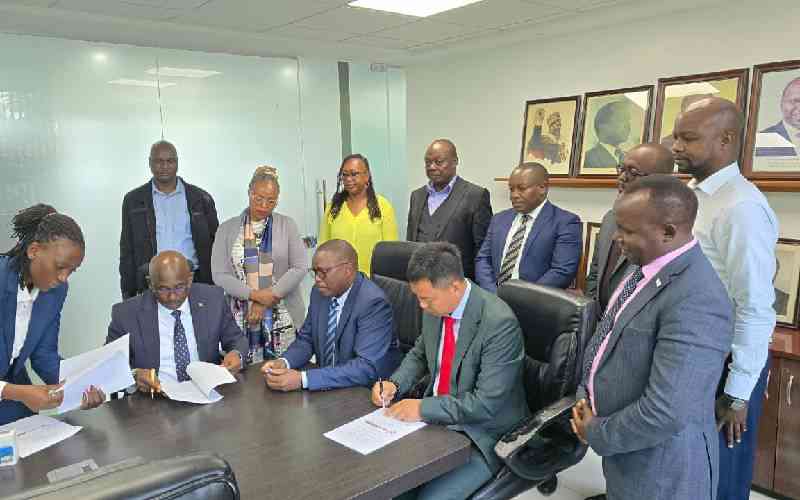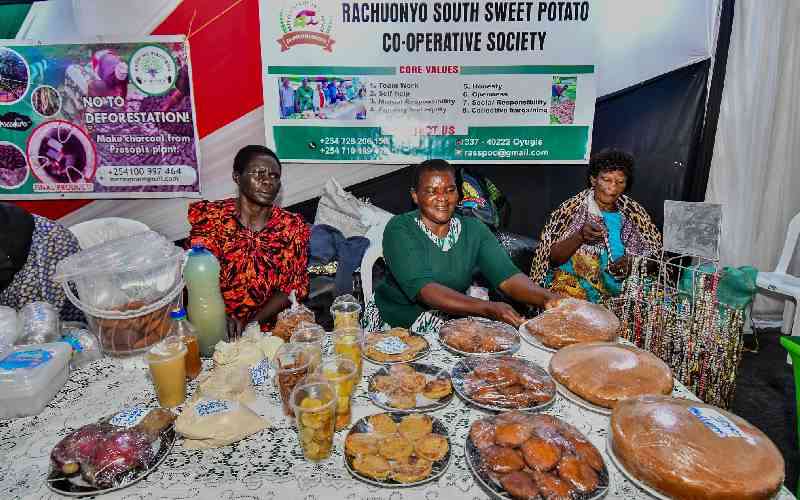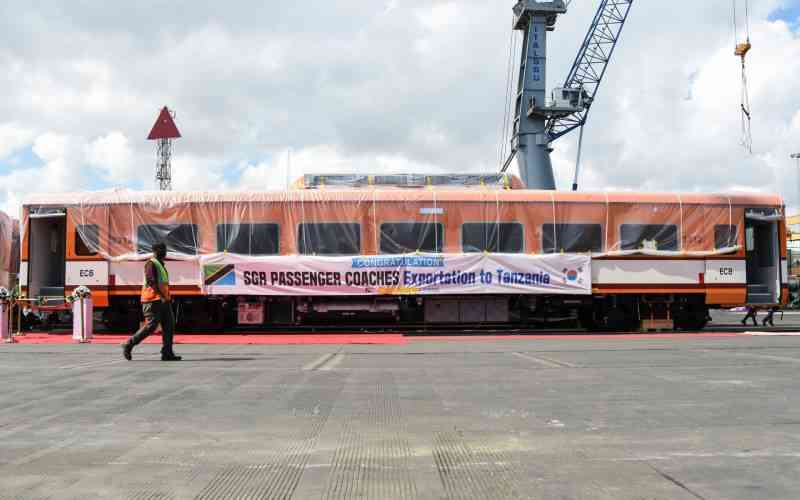
A carriage for the Tanzania's Standard Gauge Railway (SGR) project is unloaded as Tanzania received 14 economy class carriages of South Korean company Sung Shin Rolling Stock (SSRT) at the port in Dar es Salaam on November 25, 2022. [AFP]
Burundi’s President Evariste Ndayishimiye on Saturday laid the foundation stone for a historic railway that will connect the country to Tanzania -- the nation’s first rail network.
The landlocked African Great Lakes nation is among the poorest countries in the world, according to the World Bank, with the majority of its citizens living beneath the international poverty line.
Ndayishimiye and Tanzanian Prime Minister Kassim Majaliwa laid the foundation stone of the 282-kilometre (175 mile) standard gauge railway in Musongati, 160 kilometres southeast of the capital Bujumbura.
The rail network will form part of the Central Corridor, a strategic trade route connecting inland economies to the Port of Dar es Salaam.
"This railway will profoundly transform regional transport, reduce delays and transport costs," Flory Okendju, the executive secretary of the Central Corridor, who is coordinating the project said.
According to Okendju, the project — expected to take about six years to complete — will eventually extend to Uvira and Kindu in eastern DR Congo, with feasibility studies scheduled to conclude in May 2026.
In his speech, Ndayishimiye said the railway will enable the country to exploit millions of tons of nickel, iron and platinum.
"When I contacted mining companies for its exploitation, they asked me how we would evacuate all this ore, and I had no answer. This is truly the beginning of a robust development for Burundi," he said.
Burundi’s Prime Minister Nestor Ntahontuye said the railway will help the cash-strapped country save $36 million a month on the imports and export transportation costs.
For decades, the region has relied on thousands of trucks to transport goods to sea side ports.
The estimated $2.1 billion cost of Burundi's portion of the project is funded by the African Development Bank (AfDB) and Tanzanian bank CRDB, and managed by two Chinese companies.
